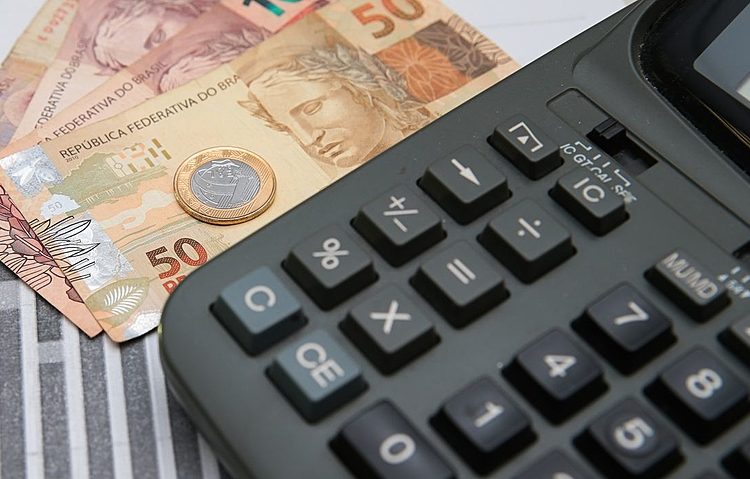The fall in the Economic Activity Rate (IBC-Br, in Portuguese), which is measured by Brazil’s Federal Bank, is another sign of the country’s economic fragility. The Brazilian economic sector is not finding a way to sustain long-term growth.
Economists heard by Brasil de Fato say that the figures presented by the Federal Bank this Monday (17) show the inefficiency of the measures taken by the government, including those fitted in electoral interests and that could have improved the popularity of the presidential candidate Jair Bolsonaro (Liberal Party).
In August, Brazilian economic activity recorded a fall of 1.13% compared to July. Even people who were expecting the figures to show a slowdown in the economy considered the rate high.
Dubbed “GDP preview”, IBC-Br is a mechanism to anticipate the Gross Domestic Product result. July’s result points out a production retraction in the initial period of the second semester.
Zero investment
Economist Daniel Negreiros Conceição, from the Federal University of Rio de Janeiro (UFRJ, in Portuguese), explains that the rate may be influenced by factors that do not necessarily show the economy going bad. To understand whether it is happening, it is necessary, for instance, to assess the data through comparison with the previous year. In this case, the analysis shows that IBC-Br had a rise of 4.86%.
However, according to Negreiros, August’s fall reveals another natural variation influenced by seasonal aspects. The result shows that Jair Bolsonaro’s measures have a limited effect due to the crisis the government itself fed.
“What is still driving economy ahead is the service sector, which is more reactive to income transfer. The industry is dwindling. It is a consequence of the current government’s lack of industrialization strategy. They didn’t invest, [they] didn’t encourage the private sector to invest. Plus, they tighten credit on the monetary side.”
Negreiros says that the fall would probably be more significant if the austerity measures supported by the Ministry of Economy were put into practice since the beginning of the Bolsonaro government.
For him, it is natural that the “multiplier effects” of the increase in the amount transferred by Brazil Aid (Auxílio Brasil, in Portuguese) and the actions to decrease the costs of fuel and cooking gas still were not fully seen.
However, the initial result of these measures is already in IBC-Br and was not enough to cause an upturn in the economy or generate any level of stability.
“For sure, [the study] detected the most direct effects of these [economic] stimuli. Besides it, a Brazil Aid monthly payment of 400 reais – lower than before – was already being paid since the beginning of the year. Also, the easing of tax rules was already in place, especially the easing of the spending ceiling. Therefore, it’s still valid the argument that what prevented the fall from being worst – and what can revert a little bit of the contractionary trend [seen] in the estimate for September and until the end of the year – is the fiscal stimulus via income transfer.”
Indebted population
Professor of Economy at the University of Campinas (Unicamp, in Portuguese), Marco Antônio Rocha states that the government did not present measures that generate growth vectors in the medium and long term and has been unable to improve the scenario for the short-term as well.
“The Brazilian economy presents these short periods of growth. However, they are soon interrupted because the country’s economy lacks some vector that is more structural and that generates growth as a whole”.
He also highlights that previous months’ growth was not related to the resumption of economic activities of sectors that could influence more sustainable results. “The rises seen before were caused by the service sector, which isn’t a sector with much capacity to sustain a growth cycle for a long time”.
Rocha recalls that a significant part of the household income is used to pay bills and mandatory debts. With record indebtedness levels and a population still trying to breathe after considerable rises in inflation, the solutions presented by the federal government have little chance of having substantial effects.
“Any resumption [of activities] in the short-term is, somehow, crossed by families’ consumption. Although there have been some measures to inject resources at the ends, we must remember that the level of indebtedness of Brazilian families is very high.”
The IBC-Br variations attest Brazil's unstable economy. In June and July, there was growth, but both April and May registered a fall. August’s “fall” was the most significant for a month since March last year, when Brazil was experiencing one of the most dramatic moments of the Covid-19 pandemic.




